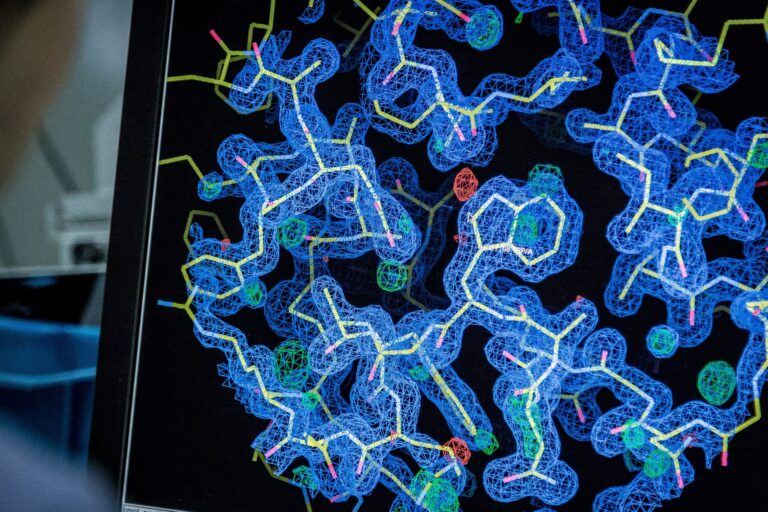- Home
- /
- Scientific divisions
- /
- Integrative biology
- /
- Cancer biology
Improving the treatment options for diseases like cancer requires continuous evolution of the disease models used in the laboratory. Three-dimensional culture of tumor cells in the form of organoids has proven an important method for establishing personalized therapies. This approach makes it possible to replicate tumors in lab conditions and develop protocols to test current chemotherapy treatments as well as to assess new treatment routes.
Developing protocols for recommending personalized cancer treatments will have a significant impact, especially for patients with tumors that are refractory or which have low success rates for clinical treatments. Meanwhile, microfluidics has the power to reproduce the conditions necessary to replicate tumor metastasis in the laboratory, offering a platform to explore more effective therapeutic approaches.
These models permit more efficient study of processes such as metabolic adaptation in the tumor microenvironment, by understanding the quinary structure of metabolic enzymes within the cells and metabolic exchanges between cancer cells and infiltrated immune cells. The objective is to understand the molecular processes of metabolic adaptation and the biology of tumor immunosuppression, and to identify strategies to interfere in these processes.






